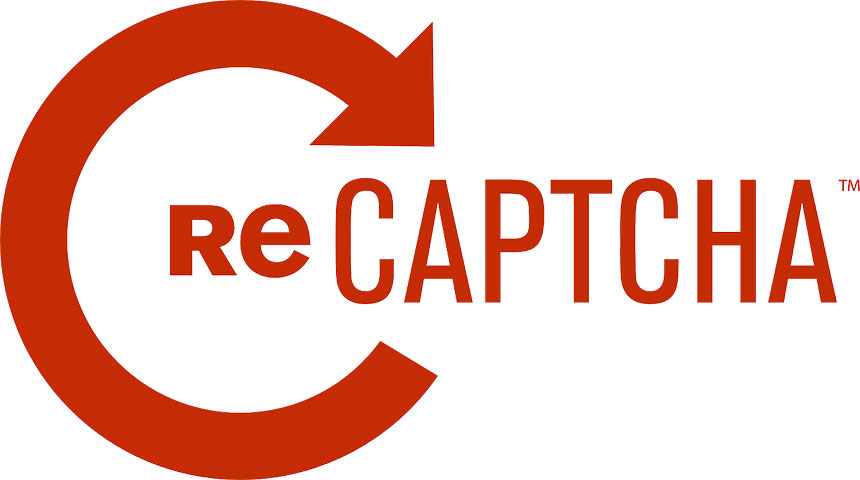The importance of CAPTCHA in web security
In this post, we will reveal the significance of CAPTCHA in web security and why you should use it on your website
In this digital age, every primary internet user must have encountered the CAPTCHA when visiting certain websites.
What is CAPTCHA?
If you ever wondered what it means, CAPTCHA entirely means “Completely Automated Public Turing Test to tell Computers and Humans Apart.”
CAPTCHA is a program that checks if the website visitor is a human or some malicious spambots. They are usually (but not only) randomly generated colorful text and distorted, so software robots are unable to interpret the text.
Why CAPTCHA? Those images are annoying.
For this reason, one may ask, “why CAPTCHA, and why should I incorporate it into my website?”
The CAPTCHA test emerged as a test to detect if computers possessed artificial intelligence, i.e., they could reason like humans. During this research, they discovered that some tests are easy for humans but very difficult for robots, and then CAPTCHA was developed.
Robots are sometimes used to wreak havoc on the internet. They are used by hackers to perform malicious tasks on the internet. However, with the implementation of CAPTCHA on a website, bots are granted no-entry.
Besides, CAPTCHAs are automatically generated and need no human maintenance. This means CAPTCHA could help keep bots off a website, without constant check or excessive spending.
Importance of CAPTCHAs in Web Security
A CAPTCHA is indeed not separating humans from bots for no reason. Here are some of the main reasons one should implement CAPTCHA on a website.
1. Prevents DDoS Attacks
Sometimes, hackers flood a site with bot traffic. This makes it difficult or even impossible for legitimate users to access the website.
A DDoS attack is a common form of attack usually targeted at large scale websites that offer premium services, such as bank websites, web hosting companies, etc. This is done to get some of their traffic to a competing website.
Wikipedia suffered a DDoS attack, which made it inaccessible on September 6 and 7, 2019. Many other popular websites have also been victims of DDoS.
To prevent this scenario, the CAPTCHA is implemented as a preventive measure. A CAPTCHA makes it impossible for bots to gain access, thereby wreaking havoc.
2. Protecting free sign-ups on websites

Create an unprotected free service, and you’ll see hundreds of sign-ups per minute. This happened to the earlier free mail services like Gmail and Yahoo! Mail.
With the advent of CAPTCHAs, however, these services can be protected and kept away from bots so that it can handle the requests of real humans.
3. Prevents sensitive information from scrapers
Some bots are automated to copy confidential information from online sources. Such bots scour the internet in search of emails in text format. These emails may be used to create email lists that are then sold to people to buy.
Not protecting emails with CAPTCHA on a website can lead to the receipt of unwanted emails, due to the inclusion of one’s email address in unwanted lists. This could compromise digital security.
Therefore it is necessary to protect sensitive information, such as emails and phones, on one’s websites with CAPTCHAs.
4. Secure online shopping
To maximize digital security, CAPTCHAs are generally integrated into online shopping websites, so customers could complete it before making any order.
If a CAPTCHA is not implemented in online shopping website, a spam bot could utilize the opportunity to get hundreds of giveaways, and even complete fake orders and disrupt customer service using DDoS attacks.
5. Keeps webpages safe from bots
Sometimes, it may be desirable to keep some websites un-indexed and not discovered by search engine bots.
However, the HTML tag does nothing to stop bots from getting access. All it does is to tell the bots, “you are not allowed.”
To keep your web page safe, it is essential protect it with CAPTCHA web security.
6. Prevents dictionary attacks
Ever heard of brute force? It’s a system where an automated program tries guessing a user password by trying hundreds of guesses per minute. This can compromise digital security and lead to the loss of information, to bots.
Brute force can be attacked simply by using CAPTCHAs. The bot isn’t able to solve the CAPTCHA, so brute force is impossible.
Are CAPTCHAs effective for Web Security?

So far, CAPTCHAs have performed their duties, to a large extent. However, with the advent of modern technology and even more sophisticated artificial intelligence, some programs are gradually outsmarting CAPTCHAs.
When this was discovered, it was quickly attended to, and a new generation of CAPTCHAs evolved. This became known as reCAPTCHA.
No matter how annoying a CAPTCHA might look, you should have it on your website for improved digital security.
Thanks to SecureBlitz